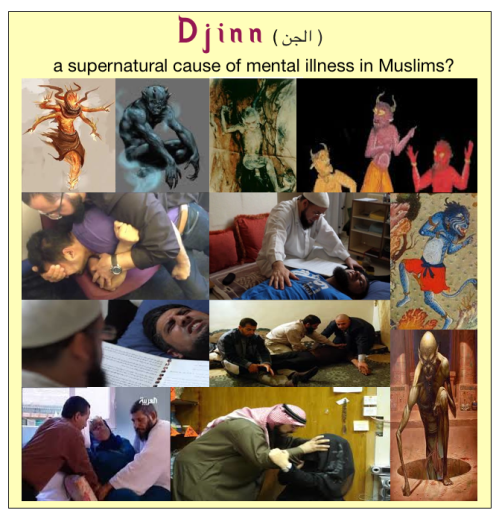First Things is a conservative intellectual Catholic magazine. I read it for about a year when I worked with a very devout Catholic physician who challenged me to read it. First Things authors, in my experience, love to show off their erudition, often at the expense of a coherent message.
I was surprised when The Browser, a nonreligious on-line article aggregator, recently recommended the First Things article “All the East is Moving“. The article is by Tom Holland and its opening blurb it says, “No longer at war with Islam, Western Europe had less need to define itself as Christendom, and could favour secular values over religious ones. We have come to believe that secular values will always prevail in modern societies: Is it time to revisit that assumption?” Later in the article, he supports his thesis saying, “We don’t have too much Islam,” as German Chancellor Angela Merkel put it, “we have too little Christianity.”
It is a long article with some interesting historical information but disappointingly little support for his main thesis.
Interestingly, I found an article in the British site, “The New Humanist” where the author, Alom Shaha, interviews Tom Holland (a historian, writer and broadcaster) saying , “Tom Holland is a Christian who – by and large – doesn’t believe in God.”
Shaha states further about Holland,
When I ask him if he actually believes in the existence of a god he replies “There’s a sort of nagging, god-shaped hole in the back of my mind and the simulacrum of a god that I use to fill it is a Christian one. I could read the account of the passion, go to church on Easter and feel this is true, feel that it is articulating truths that affect me far more profoundly than I could possibly put into words, I feel myself in communion with the vast inheritance of Christian faith, I find that moving and at moments like that, I think “is this what it’s like to believe in god?” However, he also tells me that “I have seen no evidence that would satisfy me that anything supernatural exists. I have seen no proof for god.”
Tom Holland, seems to identify with an idealized version of Christianity — and he says he does so out of gratitude for his upbringing and inheritance. Tom’s article at one moment shows he knows the problems in Christian history, at the next he blindly idealizes what Christianity has to offer. Readers can see if they agree.
Holland’s Christianity involves an idealized non-historical Jesus’ supposed Sermon on the Mount which can be seen when he says, “no text has done more to underpin the construction of a new and multicultural identity for the [European] continent than the Sermon on the Mount.”
But the Sermon on the Mount seems to be a mishmash of sayings (probably even prior to a supposed Jesus), some contradictory to other sayings and some just nonsense. Several authors have pointed out these problems with the Sermon on the Mount, but see this article for an example “Iron Chariots“.
Holland’s article talks about the fascinating connections between Tolkien, magic weapons and the Nazis. So if you want to read a typical Catholic “First Things” article which shows off erudition, rambles a bit and all the while it does not show the best evidence for their thesis, read Holland’s article (a non-believer in god(s) but who embraces Christianity in his identity). I actually enjoyed the Nazi and Tolkien stuff.
Questions for Readers: Do any of you non-theist readers have a “ simulacrum of a god” that you use. Holland does, and uses it to label himself a Christian. What do you think of that move?









 More than 450 students from Saudi Arabia attend a University near my clinic and in the last few days I have seen several of these young men complaining of constipation. “Odd, I thought,” but then I remembered, “Ah, it is Ramadan!” The change in their diet during Ramadan is binding them up. Don’t believe me?
More than 450 students from Saudi Arabia attend a University near my clinic and in the last few days I have seen several of these young men complaining of constipation. “Odd, I thought,” but then I remembered, “Ah, it is Ramadan!” The change in their diet during Ramadan is binding them up. Don’t believe me? 


 Most of you have a full reading list, but if you don’t read anything else by anthropologist Pascal Boyer, please read these short paragraphs I have copied below from the opening to his new book, “The Fracture of an Illusion: Science and the Dissolution of Religion.” (
Most of you have a full reading list, but if you don’t read anything else by anthropologist Pascal Boyer, please read these short paragraphs I have copied below from the opening to his new book, “The Fracture of an Illusion: Science and the Dissolution of Religion.” (




































